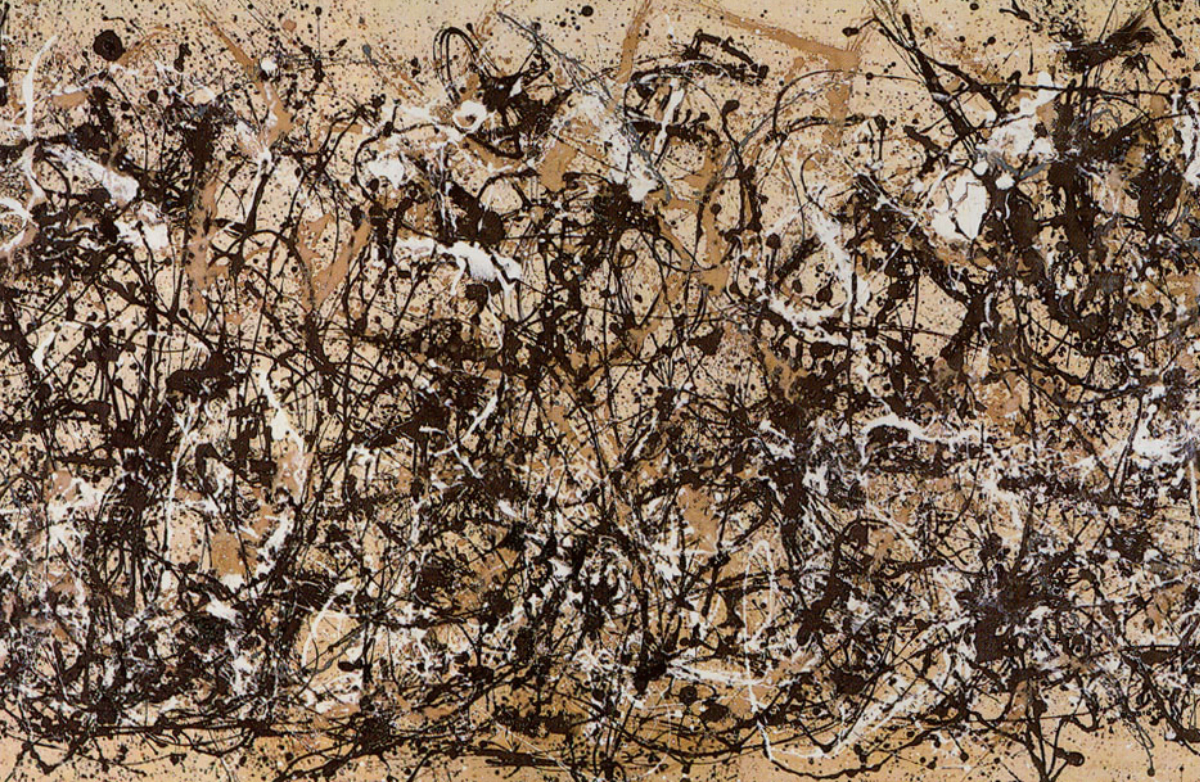Jackson Pollock, Autumn Rhythm, No. 30, 1950
“The truth is not always beautiful; nor beautiful words the truth.” – Lao Tzu
Over the past year or so, I have found myself going back 10+ years and listening to old podcasts and reading old articles. Initially, I wanted to compare pre/post-COVID cultural narratives to gain a better understanding of how things have changed. Within this, I have noticed a few things, but none more pronounced than the decline of authentic conversation in the public domain.
I am a much better auditory learner, so for a long time (think audio CDs!), I’ve been seeking out ways to learn through listening. When seeking to learn, I want to not just know what is, but I want to understand what is true about any topic. To do this, I have found that I need to set up filters and boundaries on who I learn from.
One technique I’ve used is to check what excites me. This filtering system revolves around things that catch my attention. Personally I am most optimistic about ideas, so I can often be captivated (idealistically speaking) by novel ideas or notions. So, when I get excited about something that is net new to me, I need to validate the content’s authenticity and avoid being taken by mere sales pitches.
I check what i’m hearing by observing if the speaker repeatedly conveys the same message in the same way in other forums. This helps me discern if the speaker is responding spontaneously and thoughtfully to a specific question or repeating something reversed. To be clear, neither of these things are good or bad; it’s just important to me to understand the information you consume in context to its reason and delivery. To know if the speaker is simply promoting their personal narratives or if they are thinking new thoughts out loud.
In essence, I ask myself two crucial questions about what I hear: 1) Why is this being said now? 2) How does understanding the answer to question 1) enrich my understanding of the what’s being shared?
Just as children learn from our actions rather than our words, exposure to authentic, spontaneous ideas, reactions, and honesty nurtures our own ability to (re)learn how to live authentically and truthfully. Constant exposure to rehearsed, curated ideas projected by individuals aimed at pleasing a collective audience unknowingly teaches us that performance, not authenticity, is how to live.
It’s better to hear a single instance of someone speaking truth about an irrelevant topic than to seek relevance from the performance of many.
Over time, when the information space is dominated by performance, our ability to detect authenticity becomes distorted. We mistake authenticity for dissent and start to believe that provocative ideas hold more truth simply because they garner more attention. The truth is however, that this kind of performance has nothing to do with what is true.
In a world full of beautiful words, I find myself longing to let go of the need for any of it, to increase my chances of getting closer to the freedom offered by what’s real. Even at a basic level, it seems to me that the pure joy of a moment of true spontaneity is somehow lost in the curation and performance.
It seems to me that such things makes the pursuit of what’s true worthy of a closer look.
